Xavier Adsarà: "In Haiti, there is a permanent violation of human rights and absolute impunity"
We speak with the director of the Nuestros Pequeños Hermanos Foundation in Spain, and president of the organization in Europe, about the work the foundation has been doing in Haiti for decades.
"I have many titles, and I have never wanted them", Xavier Adsarà says with all modesty. This Catalan, a pharmacist and nutritionist, has dedicated a large part of his life to helping those in greatest need. This work, which began through volunteering, has led him to become the director and general secretary of the Nuestros Pequeños Hermanos Foundation (FNPH) in Spain, president of the organization at the European level, and the foundation’s representative at the United Nations.
FNPH, which this year celebrates its seventieth anniversary, is an international organization that works to guarantee children's rights in areas such as education, health, and nutrition. One of the countries where the foundation has been present for decades is Haiti, currently embroiled in a spiral of violence wreaking havoc on the population. To understand the current state of the Caribbean country and the work FNPH is doing there, we speak with Xavier Adsarà.
What is the current situation in Haiti?
At present, the country has been experiencing armed conflict since the assassination of President Jovenel Moïse a couple of years ago. There has been a significant proliferation of armed groups, and today there are more than two hundred, which have seized control of the country, particularly its capital, Port-au-Prince. They have shut down ports and airports and have them under their control, thus controlling the entry and exit of people and goods.
Is there a leader among these criminal factions?
Yes, a former policeman known as Babekyou, who was the leader of one of the groups. He has now managed to unite them all to overthrow what until recently was the president, Ariel Henry, who left the country a few months ago to seek peacekeeping forces from abroad, specifically from Kenya.
Did he succeed?
He secured a commitment that international forces would come to restore peace and order in the country, but what happened is that the armed groups did not allow him to return. They blocked all entry points to the country and prevented his return. Consequently, Henry had to resign because he saw that his leadership was very weak.
How has this situation impacted the country?
In the past two years, the rise of these armed groups has caused extreme violence throughout the country, especially in the capital. As a result, today there are more than 360,000 refugees who have had to flee their homes due to the panic and terror inflicted by these groups, who have gone house to house and neighborhood to neighborhood to control the territory and drive out the families and children living there.
The situation for the majority of the population is critical.
Haiti is a country of about 11.5 million people, of whom nearly three million are children. Currently, 70% of the population lives in extreme poverty, meaning on less than two dollars a day. Adding to this, 360,000 people have had to leave their homes in search of a safe place, making the situation absolutely dire. In fact, Haiti is considered one of the ten most violent armed conflicts on the planet.
We are talking about a failed state.
Evidently. The population suffers from an absolute lack of food security, and medical assistance is almost nonexistent because the violence from the armed groups has caused a flight of the professional and well-trained personnel the country had to the United States and Latin America, seeking a peaceful place to live. Additionally, the cost of food and basic necessities is extremely high, and if most families survive on two dollars a day, you can imagine that hunger is very present in Haiti.
One of the few functioning hospitals in Haiti is managed by FNPH.
Yes, right now, the Saint Damien Hospital in Port-au-Prince is the only pediatric hospital in the entire country. If someone has a child between zero and fifteen years old, the only hospital that will provide pediatric care is ours. However, for many people, it is not easy to reach the capital because the country is mired in extreme violence, full of barricades and checkpoints controlled by armed groups.
Who is responsible for the country's situation?
The weapons in Haiti, and this has been stated by Babekyou himself, were not manufactured in the country but came from abroad. These armed groups have weapons because someone has brought them into the country. We are talking about the Haitian elites and international actors who have been interested in introducing all these arms and creating this chaos. As a result, Haiti has become an important country for arms and drug trafficking between the United States and countries in Latin America like Colombia or Venezuela.
All this is exacerbated by the natural disasters that hit the country from time to time.
Haiti has always suffered from natural disasters. Unfortunately, its geographical location makes it prone to earthquakes, torrential rains, floods, and all kinds of catastrophes. Even so, the country is accustomed to it. The big problem in Haiti is that it is a country immersed in chaos.
After Henry’s resignation, a transitional government has been formed.
Yes, it seems that this so-called transitional government has announced that there will be democratic elections in February 2025. The executive has committed not to run in the supposed elections, but all this remains to be seen.
The population of Haiti hasn’t voted in democratic elections since 2016...
That's right. However, I think what the country really needs is for international peacekeeping forces to arrive, disarm these criminal groups, and remove the weapons from the streets. An example of this chaos is that the armed groups managed to release three thousand prisoners from the prisons, many of whom are rapists and murderers. Now, they are all on the streets. This is just an example of the permanent violation of human rights and the absolute impunity that exists in Haiti, which primarily impacts the most vulnerable.
How can an organization like FNPH work amid this chaos and violence?
Everyone asks us this question, and it has a relatively simple answer. We have been in Haiti for over forty years, and our philosophy has always been based on working with local personnel. This is the case in Haiti and in all the countries where we work and develop our education and health programs. Therefore, if you have been working in a country for forty years with local personnel and you are dedicated to saving lives regardless of sides or colors, you eventually achieve a certain neutrality that allows you to continue operating.
You have managed to gain the trust of the population.
Of course, and we have reached a point where FNPH's Saint Damien Hospital is not seen as the hospital of an international organization, but as the hospital of the Haitians. Moreover, it was the Haitians themselves who built it with their own hands.
How did you do it?
FNPH had an old hospital where we cared for about 25,000 children each year, but it was destroyed by the 2010 earthquake. Then, we decided to build a new one in the Tabarre neighborhood, where today we care for about 80,000 children. We did not build the hospital with heavy machinery or through an international company, but with three hundred local families whom we employed for five years. Therefore, in the minds of these people, they were not building FNPH's hospital but the hospital of the Haitians.
Of course, you must have also faced very difficult situations.
Obviously, all this has not spared us from experiencing kidnappings and violent attacks. For example, one of the doctors from the hospital was kidnapped, and we have lost all trace of her. She was most likely murdered and died during the express kidnapping. We have faced these situations, but being able to continue operating in such a terrible context is already an achievement.
Have you considered leaving the country?
No, because it is not our philosophy. When we enter a country, we accompany the communities and always work with local staff, never with foreign personnel. There may be external support for training, capacity-building, and knowledge exchange, for example, but our philosophy is to stay, no matter what, alongside the most vulnerable, regardless of the war. If our hospital is attacked, we will stay, build another one, and do it again. It is a matter of human rights; it is what people need and deserve.
What other projects do you have underway besides Saint Damien Hospital?
FNPH is an organization that defends and guarantees the right to education and health for children, adolescents, and communities. For example, in Haiti, we have a disability care program where we work with families in communities that have children with disabilities. In this regard, we try to turn these children into an economic and integration engine for the whole family so that instead of seeing them as a problem, they see them as a solution, as an opportunity. In this way, they do not abandon them, and the families become defenders of the human rights of these children with disabilities. This has worked very well for us.
You also take care of children who have no one.
We have a child and adolescent care program for young people without family, and we house them in a residential center we have in the mountains, where about three hundred children aged zero to fifteen live. When they turn sixteen, they move to the capital and join the Don Bosco program, where they live in a kind of student residence and integrate into society. They prepare for the reality they will face outside the foundation's umbrella.
Additionally, we are increasingly working with communities and families to prevent them from breaking up and becoming disorganized. We try to address the root cause of the problem.
Why don't we hear about the situation in Haiti in the media?
Unfortunately, we live in a world in conflict. Like the economy or the world in general, conflicts have also globalized. It happens in Ukraine, which is no longer a war between two countries but a global conflict, or in Palestine. And the most terrible thing is that we have normalized it and, in some way, become insensitive to this violence. This, in turn, causes a general demobilization of society towards these conflicts, which are already considered part of normality.
Part of the blame lies with us, as we hold governments responsible for everything that happens. And we must not forget that it is the people who put governments in place. As a society, we have more power than we think, and if we really mobilized, governments would change many of the decisions they make.
Despite everything, do you have hope for the country's future?
We will never lose hope. Throughout FNPH's seventy-year history, we have gone through coups in Latin America, dictators, social problems, natural disasters, and permanent humanitarian crises. We believe that, in the end, if there is constant work, commitment, firmness in actions, and a guarantee of fundamental human rights, all of this will have an impact and a result in the form of human lives in the long term. What happens is that organizations are often also asked for short-term impacts, and this is not easy.
How can we collaborate with FNPH?
Through our website, and in various ways, anyone who wants to can send us their donations, which are, of course, tax-deductible. They can also sponsor children in our residential centers and sponsor the Saint Damien Hospital.
We also have volunteer programs for young people aged sixteen and up, for families, for adults, and corporate programs for companies. And if people want to make regular contributions, they can do that as well. In fact, we always encourage everyone to make regular contributions. We cannot create an impact in a territory without regular contributions, as this allows us to organize and plan the impact we wish to have.
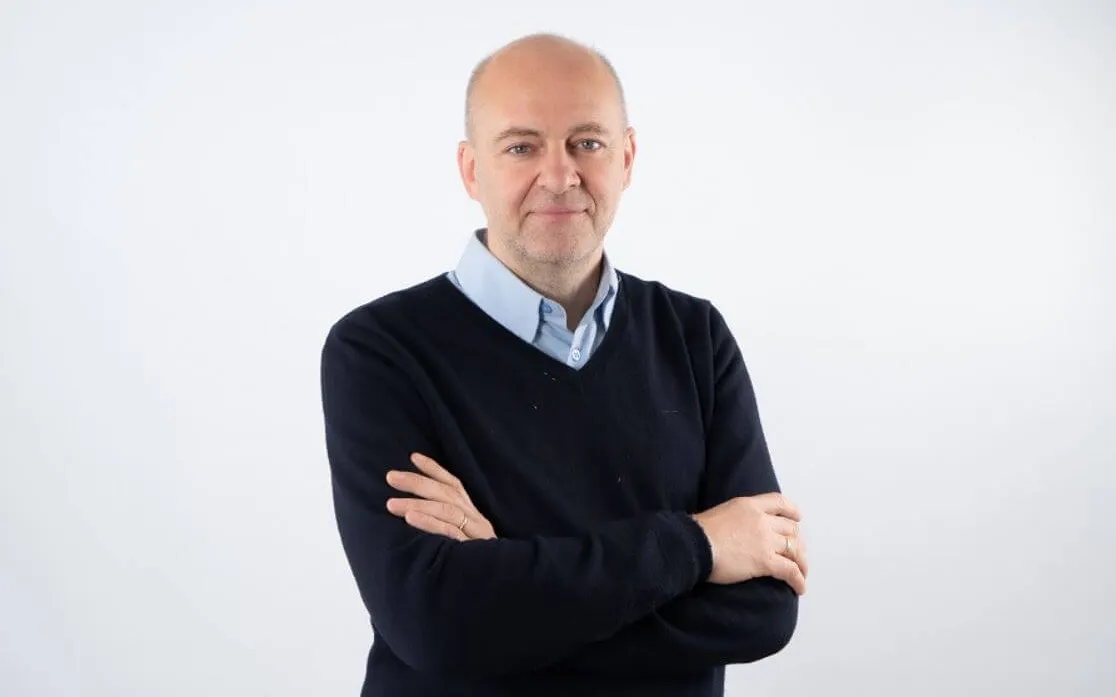
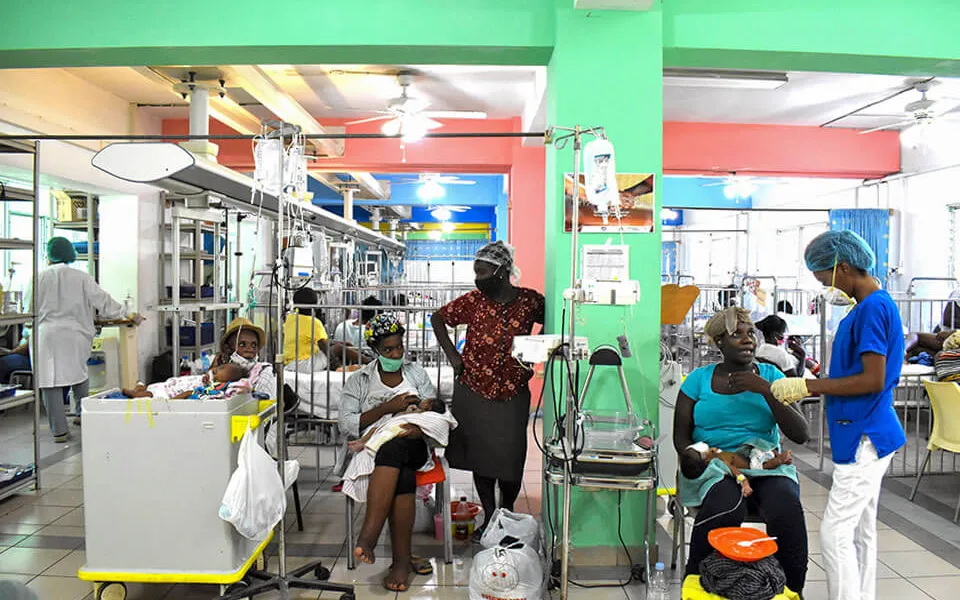
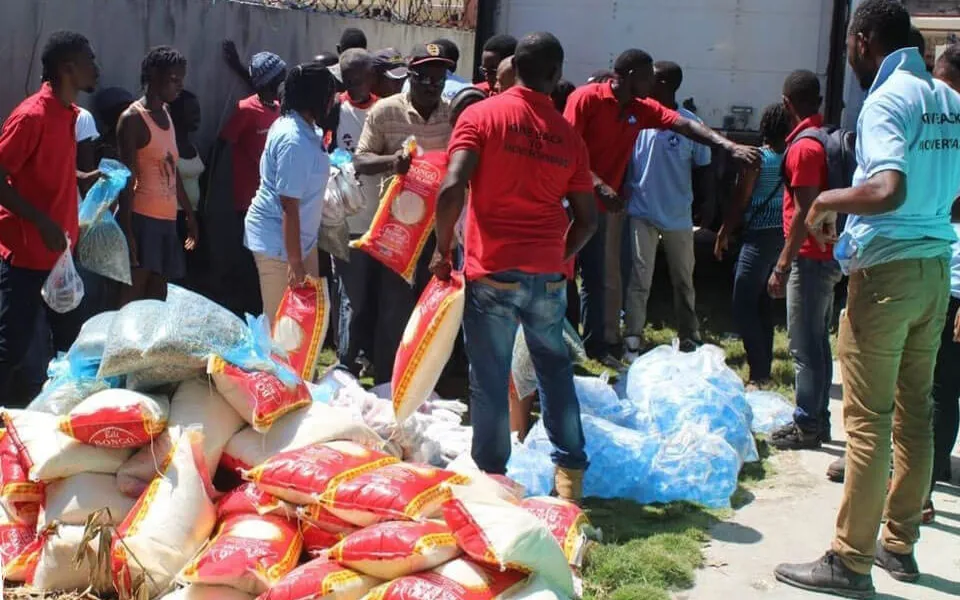


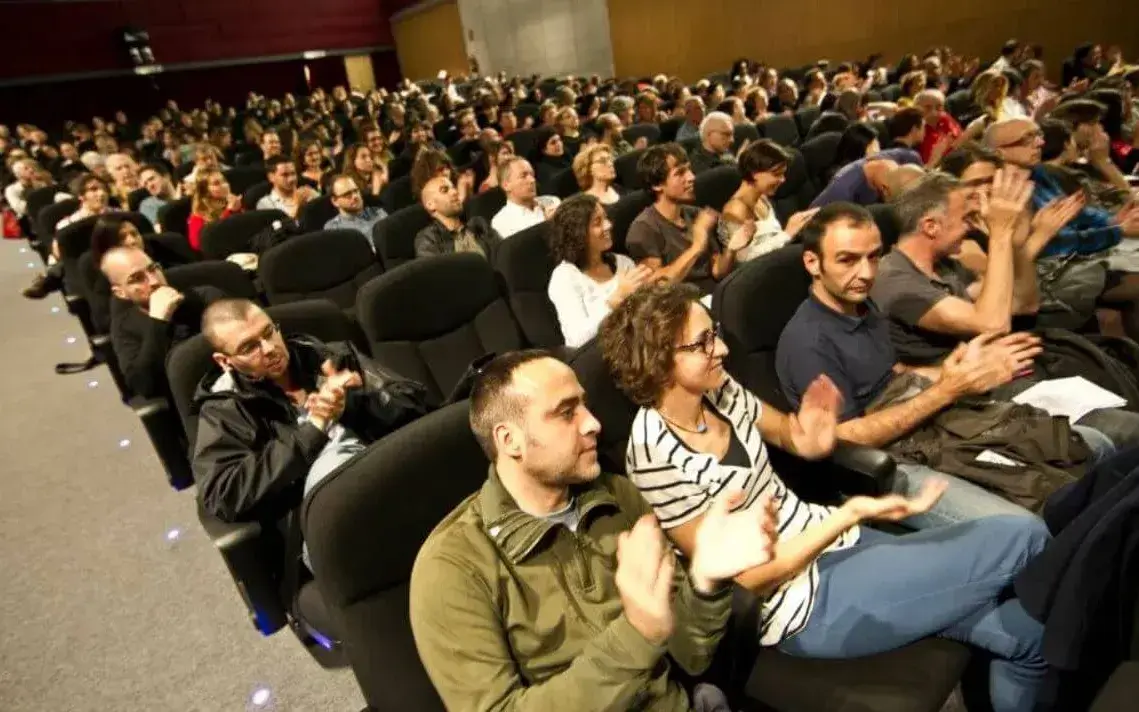

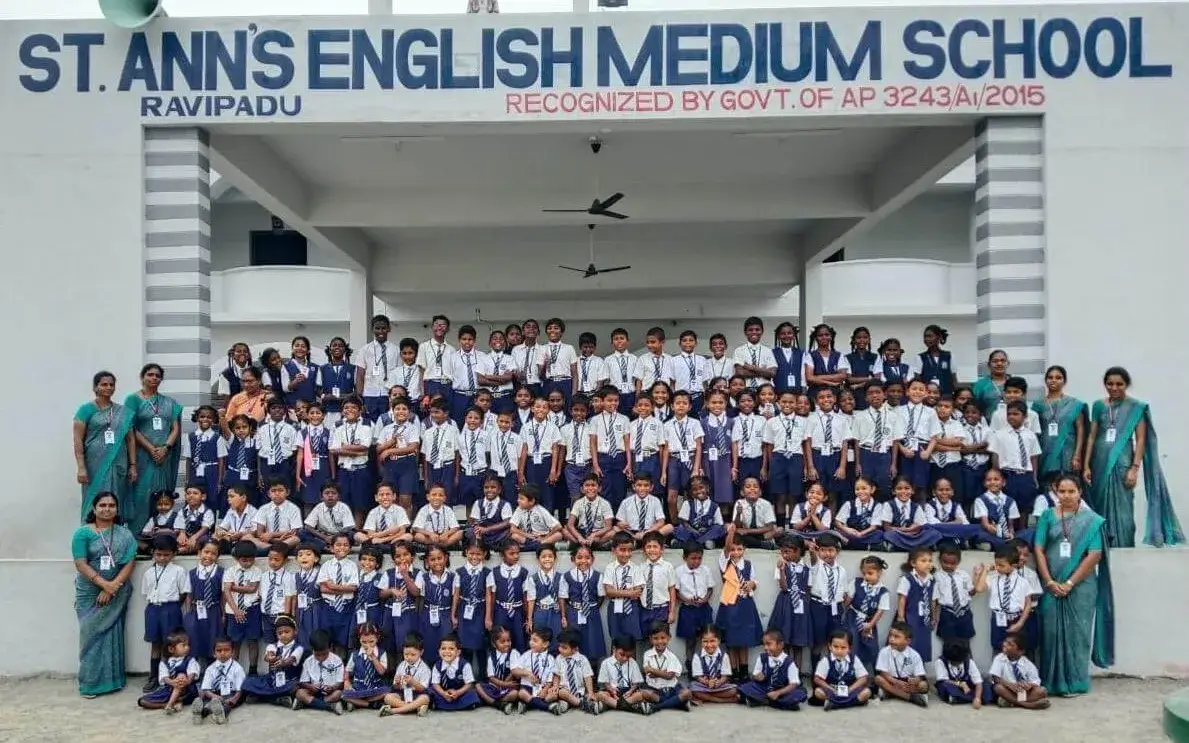
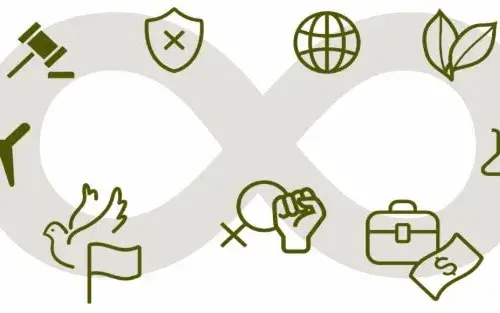
Add new comment